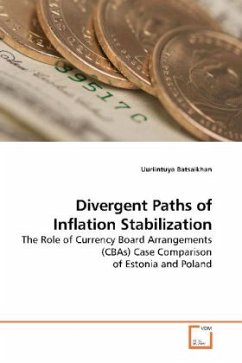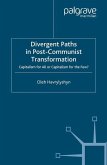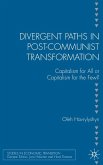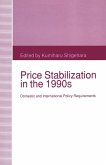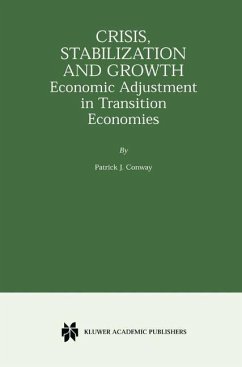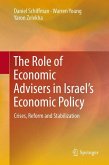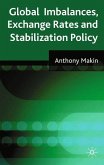This book presents an analysis of the diverging trends in the macroeconomic stabilization processes in two transition countries, Poland and Estonia. It will argue that in the case of Estonia, a short-cut stabilization measure was overtaken, whereas Poland opted for a gradual evolutionary approach. In doing so, the author will examine and outline the role of the Currency Board Arrangement (CBA) in the stabilization process. Subsequently, a conclusion will be drawn, that first, the currency board arrangement coupled with hyperliberalization and neglect for the structural changes in part of the authorities resulted in de-stabilization of the Estonian economy, second, structural changes and institution-building measures served as a catalyst in the stabilization process in the Polish case and finally, gradual institutional change that occurred in Poland proves to be a more effective strategy in stabilizing the macroeconomic performance. This book is of interest to academics in the fields of international economic relations and political economy of post-transition process as well as to the general public.
Bitte wählen Sie Ihr Anliegen aus.
Rechnungen
Retourenschein anfordern
Bestellstatus
Storno

